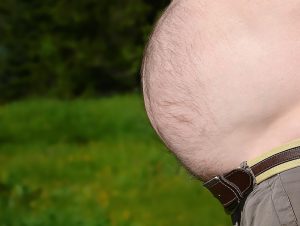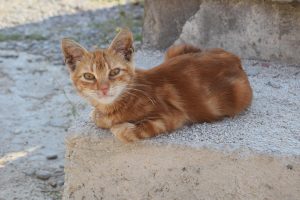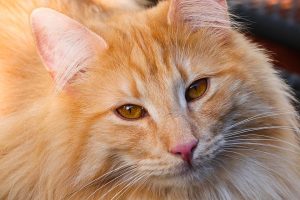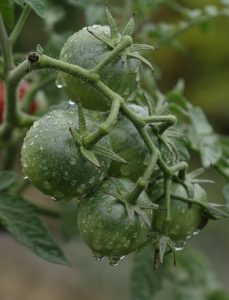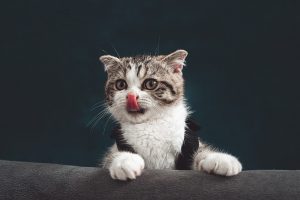
Introduction
Caring for a senior cat requires special attention, especially when it comes to their diet. As cats age, their nutritional needs change, and it is crucial for cat owners to adapt their feeding strategies accordingly. This article provides an in-depth guide on choosing the right diet for your senior cat, offering valuable insights and practical advice for both new and experienced cat owners.
Understanding the Nutritional Needs of Senior Cats
As cats age, their bodies undergo various changes that affect their dietary requirements. Senior cats, typically classified as those over the age of seven, often experience a decrease in metabolic rate, reduced muscle mass, and changes in their ability to digest and absorb nutrients. These factors necessitate a careful reassessment of their diet to ensure they maintain optimal health and well-being.
Metabolic Changes
With age, a cat’s metabolism slows down, leading to a decreased energy requirement. This means senior cats may need fewer calories than their younger counterparts to prevent weight gain and obesity-related health issues. However, it’s important to strike a balance; too few calories can result in weight loss and muscle wasting.
Protein Needs
Protein is essential for maintaining muscle mass and overall health. Senior cats may require higher quality protein sources to support muscle maintenance as they age. High-quality animal proteins, such as chicken, turkey, and fish, are typically recommended for older cats.
Digestive Health
Digestive efficiency often decreases with age, which can affect nutrient absorption. Diets rich in easily digestible proteins and moderate fat levels can help support digestive health in senior cats. Additionally, senior cats may benefit from prebiotics and probiotics to maintain a healthy gut flora.
Key Nutrients for Senior Cats
Beyond the basic macronutrients, certain vitamins and minerals play a vital role in the health of senior cats. Understanding these key nutrients can help cat owners make informed decisions about their pet’s diet.
Omega-3 Fatty Acids
Omega-3 fatty acids, commonly found in fish oil, are known for their anti-inflammatory properties. They can be particularly beneficial for senior cats suffering from arthritis or other inflammatory conditions. Including omega-3s in your cat’s diet can promote joint health and improve overall mobility.
Antioxidants
Antioxidants such as vitamins E and C help combat oxidative stress, which can contribute to aging and age-related diseases. Including antioxidant-rich foods in your senior cat’s diet can support their immune system and overall health.
Fiber
Fiber is crucial for maintaining gastrointestinal health. It can help prevent constipation, a common issue in older cats, by promoting regular bowel movements. Look for diets that include sources of soluble and insoluble fiber to support digestive health.
Types of Diets for Senior Cats
When choosing a diet for your senior cat, it’s important to consider the different types of cat food available and their respective benefits. Here are some popular options:
Commercial Senior Cat Food
Commercial senior cat foods are specifically formulated to meet the unique needs of older cats. These diets typically have reduced calorie content, increased fiber, and added nutrients like omega-3 fatty acids and antioxidants. When selecting a commercial senior cat food, opt for reputable brands that prioritize high-quality ingredients.
Homemade Diets
Some cat owners prefer to prepare homemade diets for their senior cats. While this can be a viable option, it’s important to ensure the diet is nutritionally balanced. Consulting with a veterinary nutritionist can help create a customized meal plan that meets all of your cat’s dietary requirements.
Raw Diets
Raw diets have gained popularity among cat owners seeking a more natural feeding approach. However, raw diets come with potential risks, including bacterial contamination and nutrient imbalances. If considering a raw diet, it is crucial to research thoroughly and consult with a veterinarian to ensure safety and nutritional adequacy.
Transitioning to a New Diet
Transitioning your senior cat to a new diet should be done gradually to prevent digestive upset and ensure acceptance of the new food. Here’s a step-by-step guide for a smooth transition:
Step 1: Mix the Foods
Begin by mixing a small amount of the new food with your cat’s current diet. Gradually increase the proportion of the new food over a period of 7-10 days.
Step 2: Monitor Your Cat
Observe your cat for any signs of digestive upset, such as vomiting or diarrhea, during the transition. If adverse reactions occur, slow down the transition process and consult your veterinarian if necessary.
Step 3: Ensure Adequate Hydration
Senior cats are more prone to dehydration, so it’s important to ensure they have access to fresh water at all times. Wet food can also help increase their water intake and support kidney health.
Consulting with Your Veterinarian
Your veterinarian is a valuable resource when it comes to optimizing your senior cat’s diet. Regular check-ups allow your vet to assess your cat’s health and adjust their dietary plan as needed. Additionally, your vet can recommend specific dietary supplements if necessary to address any health concerns.
Conclusion
Choosing the right diet for your senior cat is a crucial aspect of their overall care. By understanding their changing nutritional needs and selecting a diet that supports their health, you can help ensure your feline companion enjoys a long, healthy, and happy life. Whether you opt for commercial senior cat food, homemade diets, or raw feeding, always prioritize high-quality ingredients and consult with your veterinarian to tailor the diet to your cat’s specific needs.
#ChatGPT assisted in the creation of this article.


